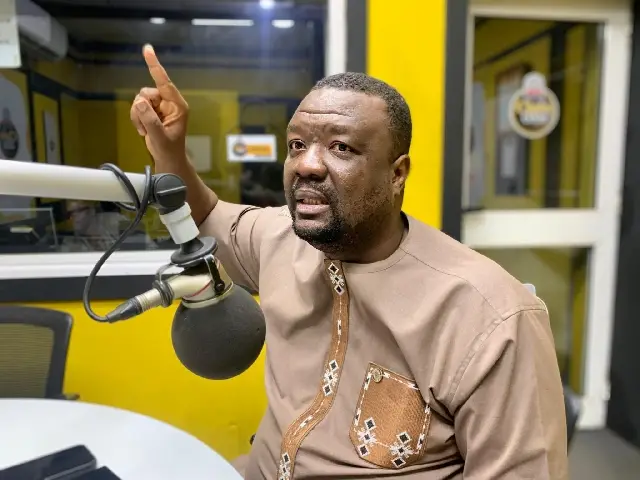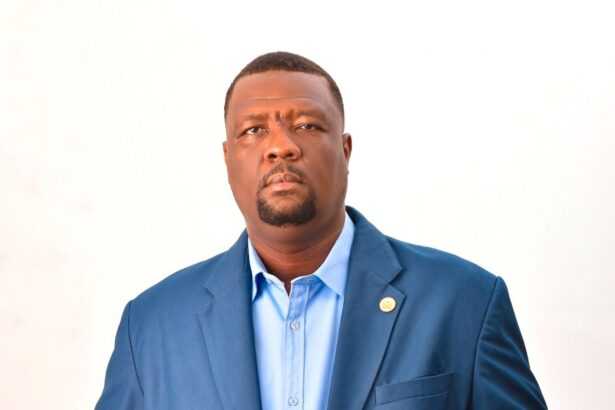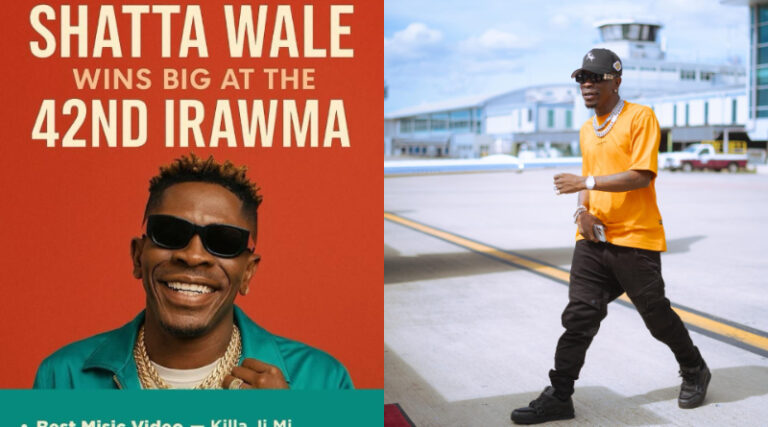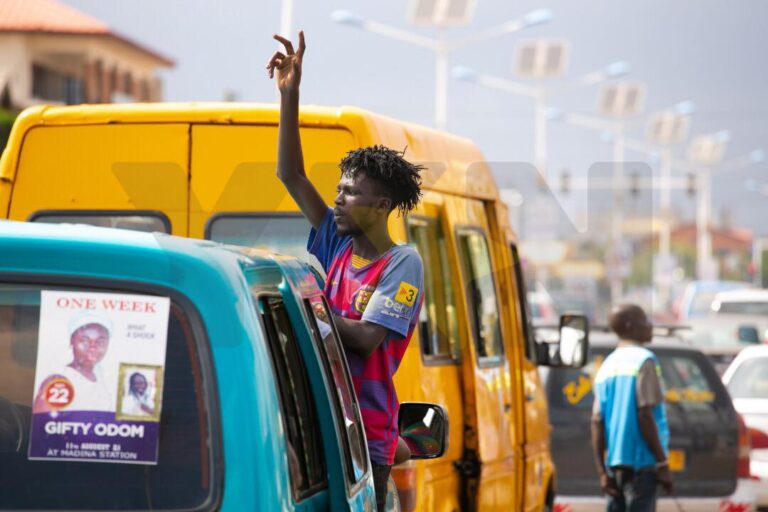The Chief Executive Officer of the Drivers and Vehicle Licensing Authority (DVLA), Julius Neequaye Kotey, has defended his proposal to formalize and regulate the activities of ‘goro boys’, unofficial middlemen who assist with vehicle registration and licensing in Ghana.
Speaking on the Citi Breakfast Show, Kotey explained that rather than continuously fighting these informal agents, the government should integrate them into a structured system. He believes this approach would enhance efficiency, improve transparency, and ensure fairness in service charges.

“Why don’t we regularize what they do? We have been fighting them for years, yet the problem remains the same. Why not bring them on board? I am not saying we should employ all of them, but we need to establish a regulated system that defines their role and ensures they do not overcharge clients.”
Kotey emphasized that not all informal operators would be absorbed into the system, but those who meet the required standards would undergo training. This would help eliminate unethical practices and set clear operational boundaries for the agents.
“We are going to train them to ensure that they operate within defined guidelines. There will be clear-cut rules on what they can and cannot do, just like how agents at the port operate.”
The proposal has sparked debate, with some supporting the initiative as a way to curb corruption and inefficiencies in the vehicle licensing process, while others argue that it may legitimize middlemen and increase costs for motorists.
Despite the concerns, the DVLA CEO maintains that a regulated system would streamline licensing services, prevent exploitation, and create accountability. If successfully implemented, this initiative could be a game-changer for Ghana’s transportation sector, making vehicle registration and licensing more accessible and transparent for the public.

The proposed formalization of ‘goro boys’ could have significant implications for Ghana’s transport and licensing sector. If properly executed, the initiative may lead to greater transparency, reduced corruption, and enhanced service delivery at the DVLA offices nationwide. By creating a structured framework for these informal agents, the government can curb the illegal and exploitative activities often associated with their operations.
One of the major concerns surrounding ‘goro boys’ is their unregulated pricing and deceptive practices. Many motorists have fallen victim to excessive fees or fraudulent transactions. By integrating them into an official system with training and fixed service charges, the DVLA aims to protect citizens from exploitation while ensuring that licensing procedures remain fair and accessible.




